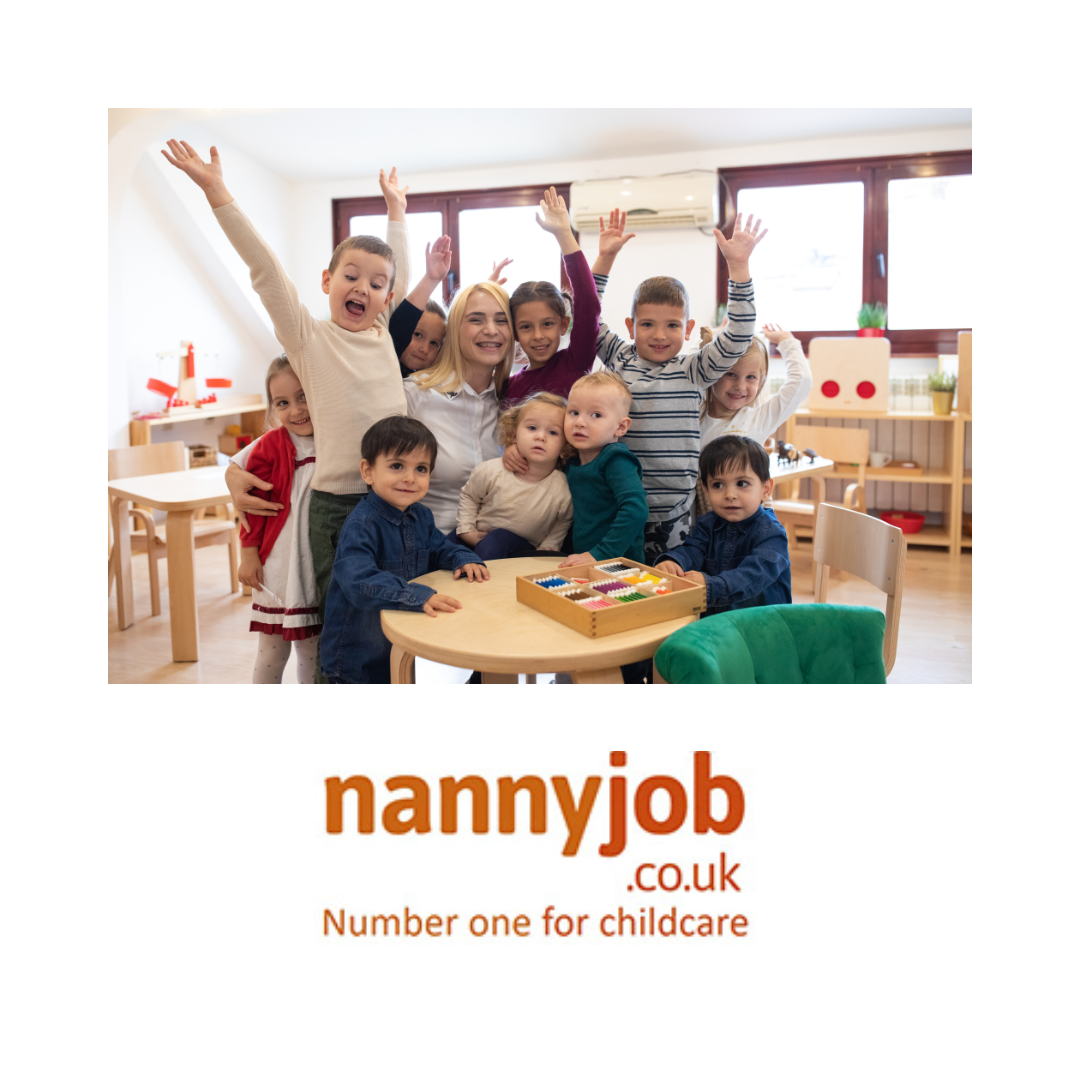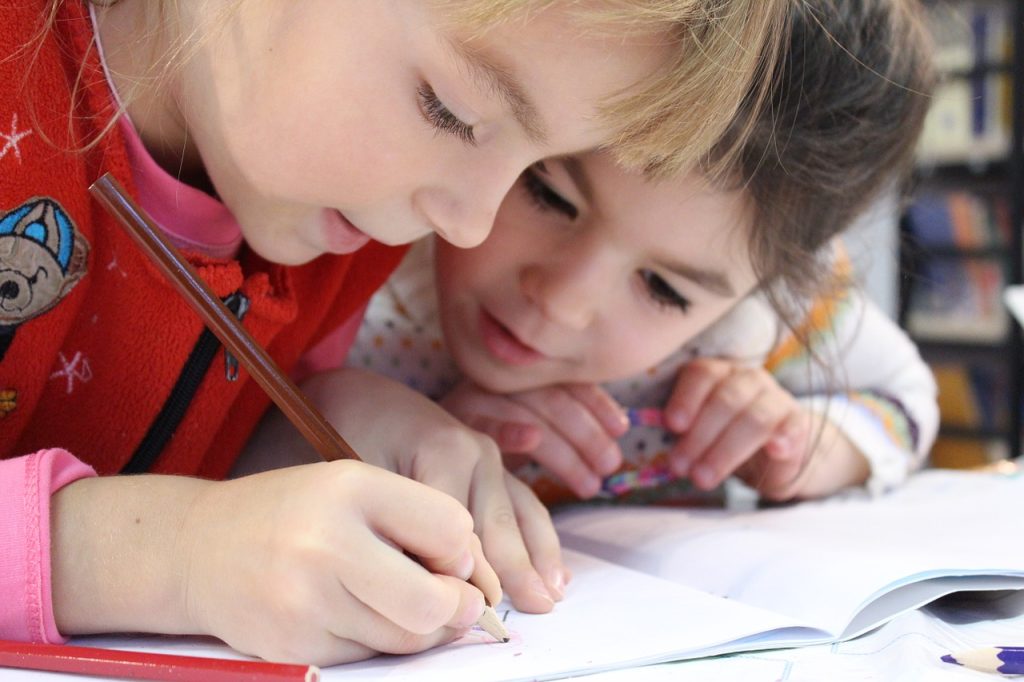Every evening, across households worldwide, a familiar scene unfolds: children hunched over their desks, parents coaxing them to finish their assignments, and the ticking clock signalling bedtime. Homework, an integral part of school culture for generations, is as much a ritual as it is a debate. Is homework genuinely beneficial? Or is it an antiquated tradition that needs re-evaluation? Let’s delve into the arguments for and against homework to understand its place in modern education.
The Case For Homework
- Reinforcement of Learning: One of the primary arguments in favour of homework is that it reinforces what was taught in school. By revisiting and practising concepts at home, students can solidify their understanding and enhance retention.
- Development of Discipline: Proponents argue that homework cultivates a sense of responsibility and discipline. The regular task of completing assignments inculcates time management skills, a sense of commitment, and dedication.
- Preparation for Advanced Studies: As students progress to higher educational levels, the volume and complexity of assignments increase. Regular homework during early years can provide students with a blueprint on managing more intensive academic workloads.
- Feedback Opportunity: Homework can serve as a feedback mechanism. When teachers review completed assignments, they can gauge a student’s understanding and tailor instruction accordingly.
The Case Against Homework
- Diminishing Returns: Critics argue that the benefits of homework diminish after a certain point. Excessive homework can lead to burnout, reducing a student’s enthusiasm and interest in learning.
- Encroaches on Free Time: After a long school day, students need time to engage in other activities, be it hobbies, sports, or spending quality time with family. Overburdening them with assignments curtails this essential personal time, impacting their holistic development.
- Stress and Pressure: The drive to complete homework — often within tight deadlines — can contribute to undue stress and anxiety. The potential for negative mental health outcomes can’t be overlooked, especially in an age where childhood stress is on the rise.
- Potential for Disparities: Not all homes provide conducive environments for homework. While some students may have access to resources, quiet spaces, and guidance, others might not, leading to disparities in academic outcomes.
Striking a Balance
Given the valid points on both sides, the question isn’t whether homework should be abolished entirely, but rather how it can be optimally utilised.
1. Quality over Quantity: Instead of voluminous assignments, educators could focus on meaningful tasks that encourage critical thinking.
2. Flexible Deadlines: Recognising that each child’s pace and home environment differ, flexibility in submission dates can alleviate undue pressure.
3. Integration of Technology: Leveraging e-learning platforms and interactive methods can make homework more engaging and relevant.
4. Regular Feedback: Homework should be a two-way street. Feedback sessions can help students understand their mistakes, ensuring that the exercise is a learning experience.
In conclusion, the debate around homework is not black and white. As educational paradigms evolve, the approach to homework needs a nuanced, student-centric reconsideration. Balancing its potential benefits with the challenges it poses is the way forward, ensuring that homework serves its intended purpose: enhancing the educational experience.






